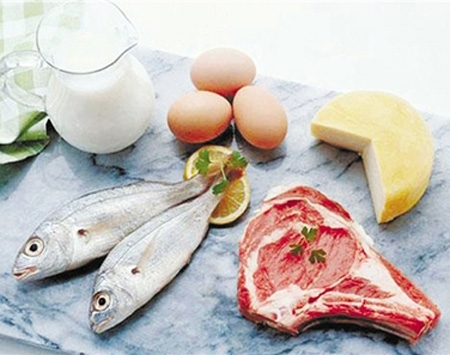How to regulate anemic dysmenorrhea? What aunt can't do when she comes
Anaemic dysmenorrhea can be regulated by diet. The following are the methods of regulating anaemic dysmenorrhea by daily diet:
1. Prohibition of alcohol during dysmenorrhea
If there is edema during menstruation, alcohol intake will aggravate the problem. If you have to drink, try to drink less.

2. Do not use diuretics
Many women think that diuretics can reduce the swelling and discomfort of menstruation. Diuretics can remove important minerals and water from the body. May as well reduce the intake of salt and alcohol and other substances that will retain water in the body.
3. You can eat more high protein foods in your daily diet
Such as animal liver, lean meat, egg, milk and bean products, etc., or supplement daily protein requirements by eating nutritious products containing amino acids. At the same time, we should pay attention to the supplement of trace elements, such as eating foods rich in iron, such as spinach, shellfish, etc., and advocate the use of iron pot.

4. Balanced diet
Although the eating habits of healthy diet can not eliminate menstrual pain, it has magical effect on improving the whole body health. After anemic dysmenorrhea, should avoid too sweet or too salty food, eat more vegetables, fruits, chicken, fish, and try to eat as little as possible.
5. Avoid caffeine
Caffeine in coffee, tea, cola and chocolate can promote nervous tension and promote discomfort during menstruation. So avoid caffeine. In addition, the fat contained in coffee may also stimulate the small intestine.

6. Mineral supplement
Calcium, potassium and magnesium minerals can help relieve menstrual pain. Magnesium helps the body absorb calcium efficiently. May wish to increase calcium and magnesium intake before and during menstruation, which will help relieve dysmenorrhea. Magnesium rich foods include: green vegetables, green shoots, lettuce and other leafy vegetables, tea oil, seafood, animal bone soup.









